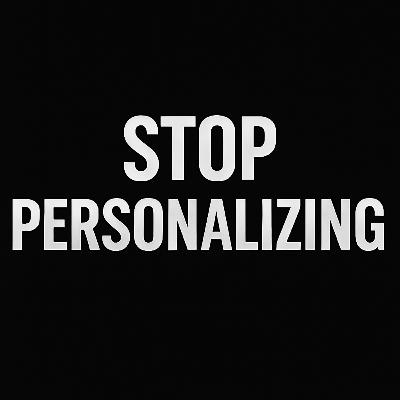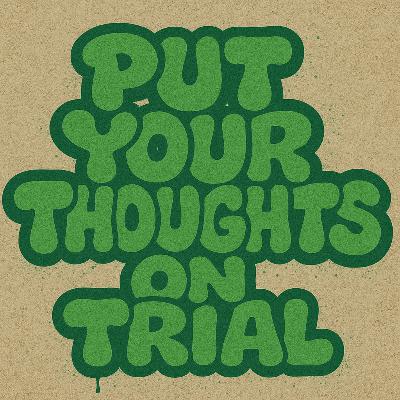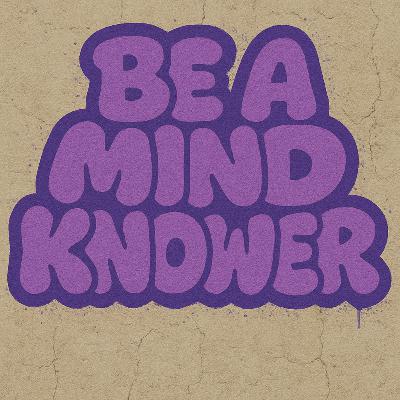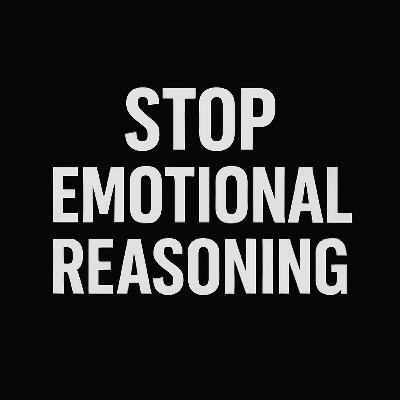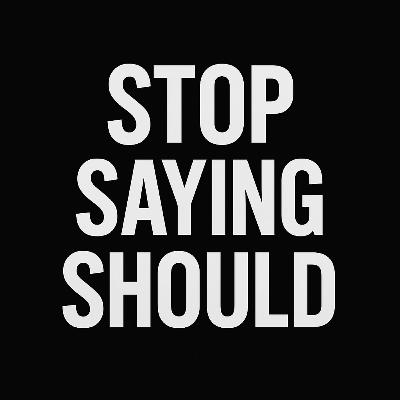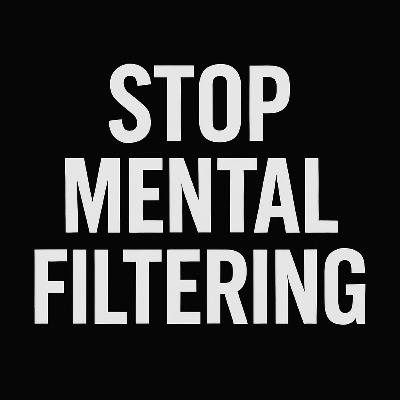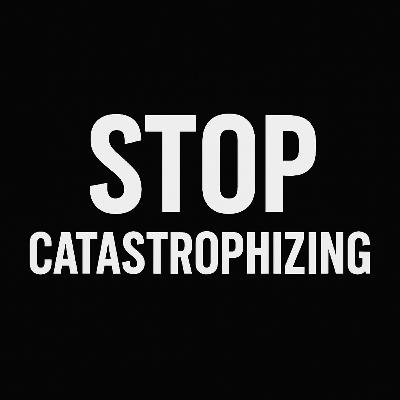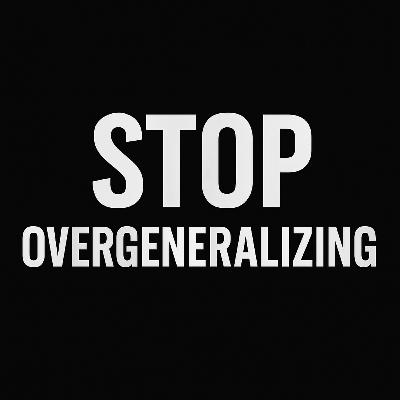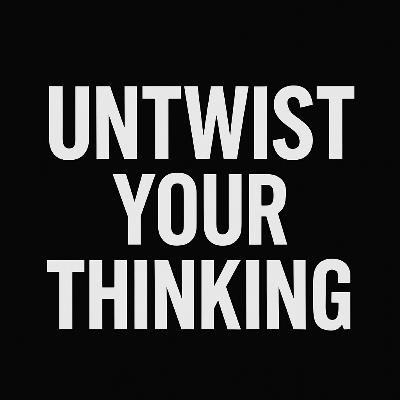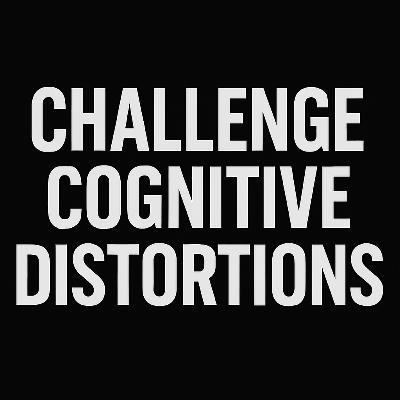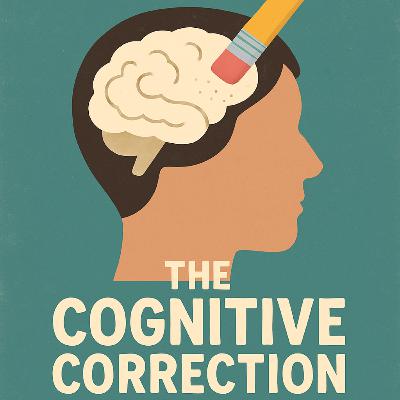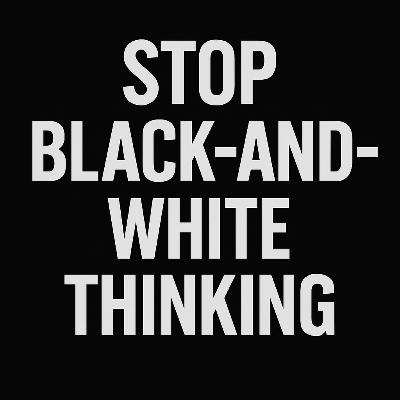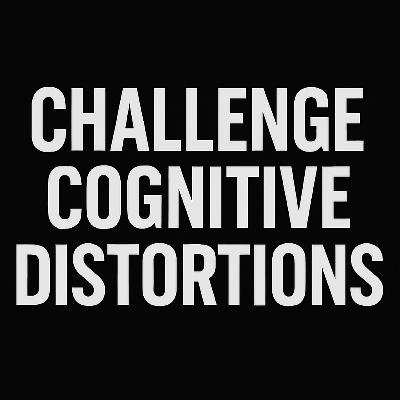Cognitive Distortions: Personalization
Description
Feeling weighed down by blame or constantly taking on too much? In this episode, we unpack the complexities of self-blame and the patterns of unhealthy responsibility.
Explore the deep roots of self-blame, including common childhood experiences like growing up with unpredictable caregivers, excessive criticism, or being given too much responsibility too soon. Understand the dynamics of over-functioning and under-functioning relationships, where one person takes on too much and the other too little, leading to stress and resentment.
We discuss how cognitive distortions, such as personalization and catastrophizing, can make us believe we are solely responsible for negative events. Learn the distinction between this and healthy responsibility, which involves focusing on what is within your control – your thoughts, feelings, words, and actions.
Discover practical tools like the CBT Responsibility Pie Chart to help break down perceived blame and see the contributions of others and external factors. We also highlight self-compassion as a crucial skill for managing guilt, shame, and fear, offering kindness and understanding instead of harsh self-judgment.
Plus, we touch upon how societal norms can disproportionately place burdens on certain groups, exemplified by the gendered nature of reproductive health responsibility.
Join us to gain insight into these patterns and develop strategies for challenging distorted thinking, cultivating self-kindness, and building a healthier relationship with responsibility.
Works Cited
"Completing the Responsibility Pie Chart to Reduce Self-Blame." Between Sessions, n.d.This source did not contain a specific publication date in the provided excerpt.
"How To Maximize Healthy Responsibility." The Coaching Room, n.d.This source did not contain a specific publication date in the provided excerpt.
Kiiyagami. "How Would You Handle Being Blamed for Something You Didn't Do in a Stoic Way? : r/Stoicism." Reddit, r/Stoicism, n.d.This source did not contain a specific publication date in the provided excerpt.
Kimport, Katrina. "More than a Physical Burden: Women’s Emotional and Mental Work in Preventing Pregnancy." Journal of Sex Research, vol. 55, no. 9, 18 Apr. 2017, pp. 1096-1105. doi:10.1080/00224499.2017.1311834.
Lo, Imi. "Overfunctioning and Underfunctioning in Relationships." Eggshell Therapy, n.d.This source did not contain a specific publication date in the provided excerpt.
Nathan, P., et al. "Module 5: Unhelpful Thinking Styles." Back from the Bluez, Centre for Clinical Interventions, 2003.The full list of authors for "Back from the Bluez" is Nathan, P., Rees, C., Lim, L., & Correia, H.. MLA format uses "et al." for three or more authors.
"Self-blame (psychology)." Wikipedia, The Free Encyclopedia, Wikimedia Foundation, n.d. Accessed 17 May 2024.This source did not contain a specific publication or last update date in the provided excerpt. The access date is included as per MLA guidelines for sources that are updated frequently.
Tipton, Nia. "People Who Blame Themselves For Everything Usually Had These 11 Childhood Experiences." YourTango, 15 Apr. 2025.The publication date provided in the source is in the future.
Warren, Ricks, et al. "Self-criticism and Self-compassion: Risk and Resilience." Current Psychiatry, vol. 14, no. 7, July 2015.The full list of authors for this article is Ricks Warren, Elke Smeets, and Kristin Neff. MLA format uses "et al." for three or more authors.

